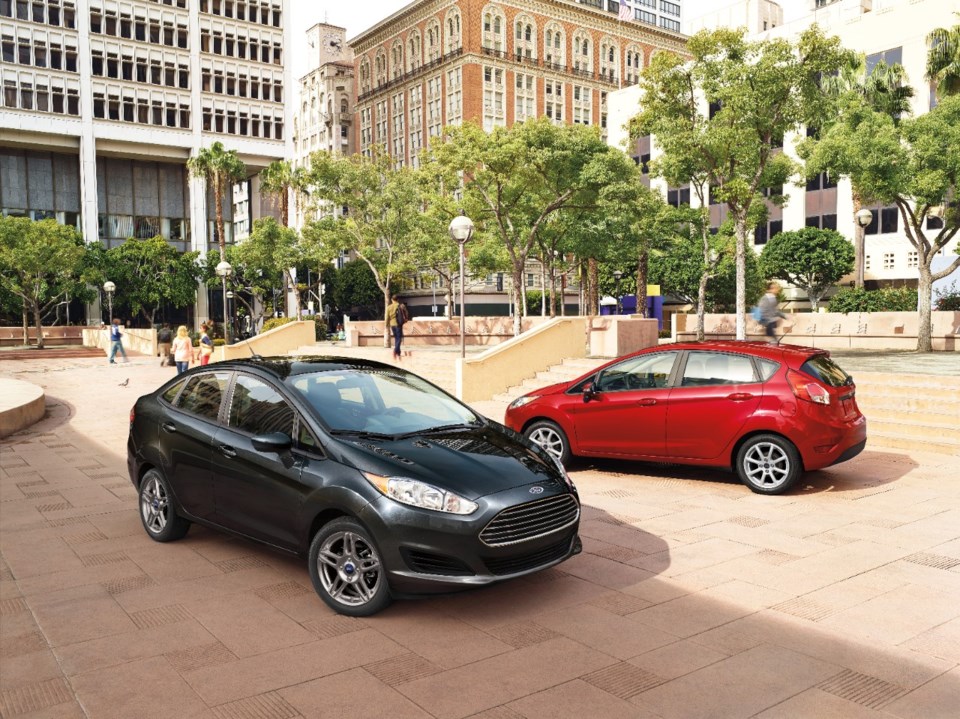I am preparing myself for a spike in gas prices.
This is because there is a cycle. Cars get progressively larger, more powerful and, crucially, less fuel efficient. Manufacturers start to abandon product categories that are sold primarily on their fuel efficiency, stuff like compacts and sub-compacts. Then, inevitably, gas prices go up or there is a recession, and consumers are suddenly looking for vehicles in those categories, leaving manufacturers to scramble to introduce product. Eventually the crisis passes, and we’re back to people moving to larger vehicles, setting up the cycle to start over again.
This most famously happened in the 1970s – and the mad scramble to downsize resulted in famously terrible cars and nearly killed North American manufacturers – but it happened most recently about a decade ago.
Signs are pointing to it happening again soon.
The most prominent of those signs is coming from Ford, which announced that it’s an SUV company now, with a plan to abandon sedans through its product line. The sub-compact Fiesta is gone, the compact Focus is being turned into a quasi-SUV thing, the Fusion won’t be replaced and neither will the Taurus. The latter two aren’t really compacts, but they are still going away as part of the overall all SUVs and trucks, all the time strategy.
The problem with this plan is that SUVs are inevitably less efficient than their sedan counterparts. They have to be heavier and less aerodynamic, and even if they’re more efficient than ever before they still can’t change the laws of physics. Even the smallest SUV is going to be less efficient than the equivalent car model.
When gas prices inevitably spike, this means Ford is going to be caught with its pants down with nothing to sell a crowd that is suddenly hungry for a small car. Just like they were in the 1970s, which resulted in the infamous and inflammable Pinto.
Ford won’t be alone. Fiat-Chrysler has dropped the Dodge Dart and Chrysler 200 with no replacement. General Motors, at least, appears to have learned from its mistakes, in spite of the subcompact Chevrolet Sonic being doomed they still have their electric models – in Bolt and Volt form – and the Sonic was squeezed in an awkward position between the even smaller Spark and the more popular Cruze so it’s not as much of a canary in a coal mine. They are planning on reducing Cruze production, but I suspect that if something nasty happens at the pump that decision can be easily reversed.
Those defending this decision will say that the company is giving people what they want, and that’s true. People want SUVs because they like the idea of all wheel drive and they also enjoy being able to carry a pile of stuff around, they’re useful vehicles. My own family is considering a compact one for a second vehicle, so I’m not anti-SUV. But the sedan market still exists, and if gas prices spike, it’s going to surge.
We have seen this before, when companies abandon the most visibly fuel efficient market segments suddenly those segments become in very high demand. Ford’s decision might make sense in the short term, but personally I’m dreading the inevitable gas price spike. It has happened before, it will happen again.




